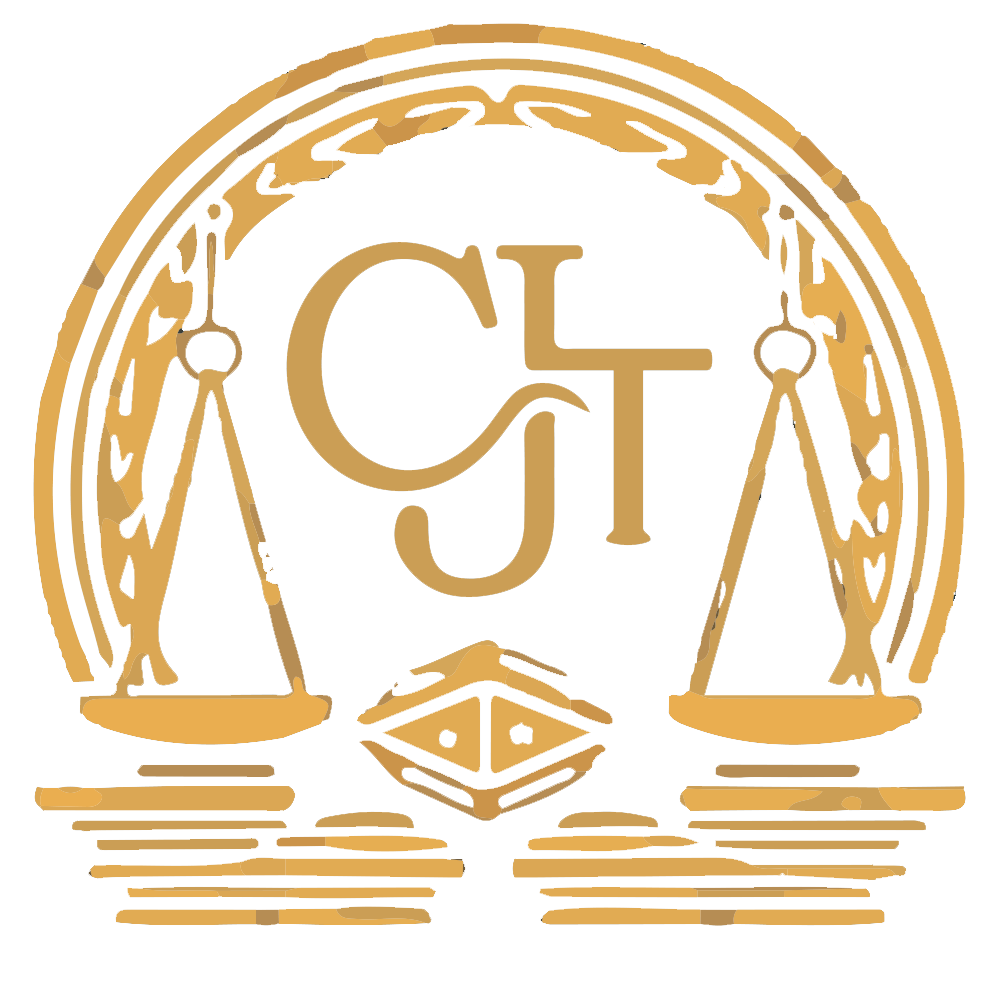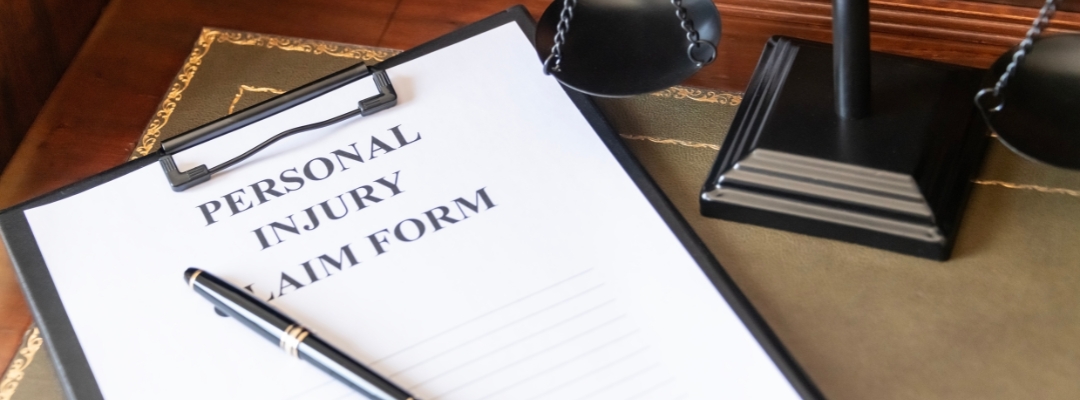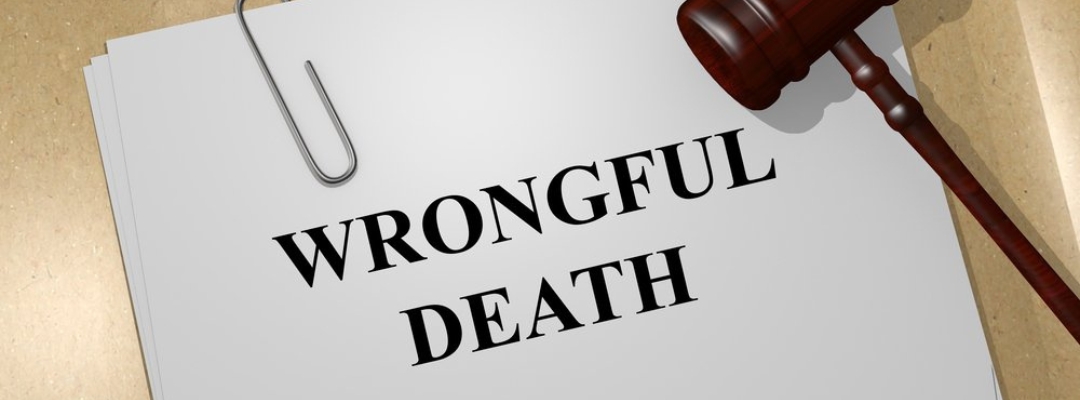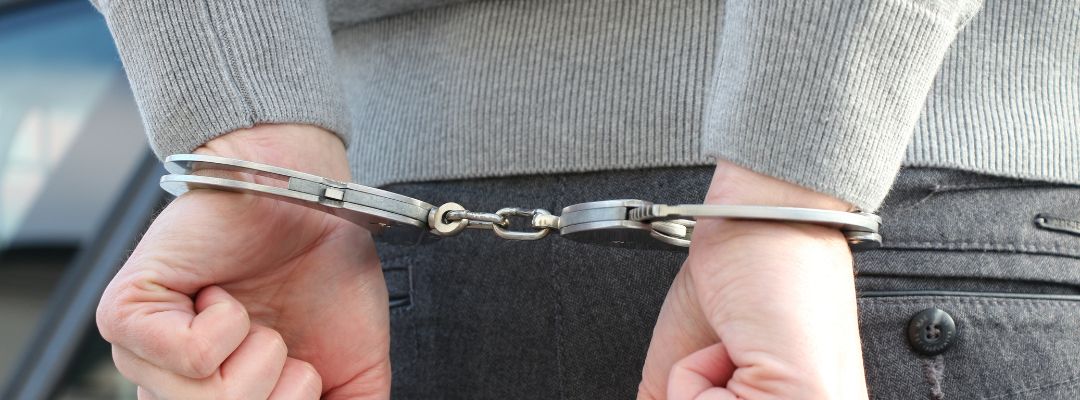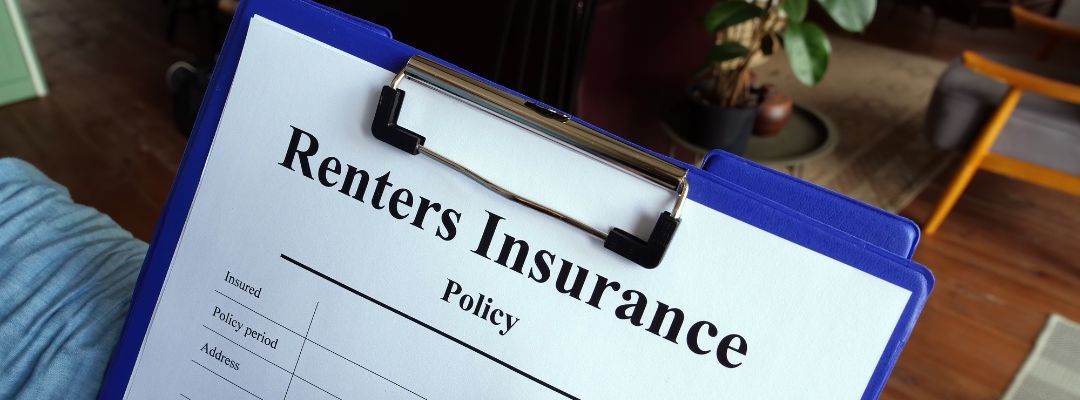
How Much Does a DUI Lawyer Cost in Maryland?
Being charged with a DUI (Driving Under the Influence) in Maryland is a serious matter that can lead to heavy fines, license suspension, and even jail time. Whether it’s your first offense or you’ve faced charges before, understanding the legal implications, the cost of representation, and your options is crucial to protecting your rights and minimizing consequences. Maryland has strict DUI laws, and the penalties can escalate quickly depending on your blood alcohol concentration (BAC), prior offenses, and other circumstances such as accidents or refusal to take a breathalyzer.
The legal process is often complex, and navigating it without proper representation can lead to harsher penalties than necessary. This is why hiring a knowledgeable Maryland DUI lawyer is often the best course of action. In this guide, we’ll break down Maryland DUI laws, penalties by offense, lawyer costs, and how to choose the right legal counsel for your case.
Understanding DUI Charges in Maryland

In Maryland, DUI charges are filed when a driver operates a motor vehicle with a blood alcohol concentration (BAC) of 0.08% or higher. These offenses are treated seriously and can result in both criminal charges and administrative penalties. A DUI charge can stem from a routine traffic stop, an accident, or suspicion of impaired driving. Even if you believe you were not impaired, you may still face charges based on your BAC level or a failed field sobriety test. Maryland also recognizes Driving While Impaired (DWI), a lesser charge, but it still carries notable penalties. Understanding your charges is the first step to building a strong defense.
What Is the Maryland DUI Limit?
In Maryland, the legal limit for blood alcohol concentration (BAC) is 0.08% for drivers aged 21 and older. If your BAC is at or above this limit, you can be charged with DUI. Commercial drivers have a lower limit of 0.04%, while drivers under 21 are subject to a zero-tolerance policy, meaning any detectable alcohol can result in penalties. Additionally, if your BAC is between 0.04% and 0.08%, you may still be charged with Driving While Impaired (DWI), a lesser but still serious offense. These strict thresholds aim to prevent impaired driving and enhance road safety.
What Are the Maryland DUI Penalties?
Maryland imposes escalating penalties based on how many prior DUI offenses you’ve had. These penalties can include fines, jail time, license suspension, mandatory ignition interlock devices, and alcohol education programs. The severity of your punishment depends on factors such as your BAC level, whether you refused a chemical test, and if any accidents or injuries occurred. Below is a breakdown of DUI penalties by offense:
| Offense | Fines | Jail Time | License Suspension | Additional Penalties |
|---|---|---|---|---|
| First DUI Offense | Up to $1,000 | Up to 1 year | 6 months (possible) | Alcohol education, possible IID |
| Second DUI Offense | Up to $2,000 | Up to 2 years | 1 year | Mandatory IID, alcohol treatment |
| Third/Subsequent Offense | Up to $3,000 or more | Up to 3+ years | 18 months or longer | Longer IID requirement, possible felony charges |
Why Hire a Maryland DUI Lawyer?
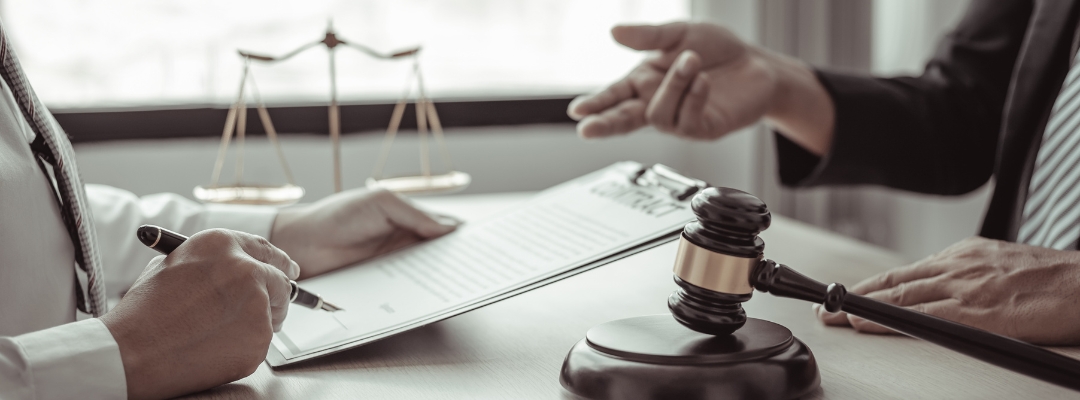
Hiring a DUI lawyer in Maryland can greatly improve your chances of a favorable outcome. DUI cases involve complex procedures, strict deadlines, and serious consequences that a qualified attorney can help you navigate. A DUI lawyer can:
- Analyze the legality of your stop and arrest
- Challenge the accuracy of breathalyzer or blood tests
- Represent you in court and DMV hearings
- Negotiate reduced charges or alternative sentencing
- Help avoid or reduce jail time, fines, and license suspension
Experienced attorneys understand local court procedures and can use that knowledge to your advantage. Without professional legal support, you risk facing harsher penalties, even for a first offense. A good lawyer can make all the difference.
So, How Much Does a DUI Lawyer Cost in Maryland?
The cost of a DUI lawyer in Maryland varies significantly depending on the complexity of your case, the attorney’s experience, and whether the case goes to trial. Here’s a general overview:
Typical DUI Lawyer Costs in Maryland:
| Service Type | Estimated Cost |
|---|---|
| Basic first-offense plea deal | $1,000 – $2,500 |
| Repeat offense or complex case | $2,500 – $5,000 |
| Trial representation | $5,000 – $10,000+ |
| Hourly rates | $200 – $500 per hour |
Keep in mind:
- Some attorneys charge flat fees; others charge by the hour.
- Fees may include court appearances, filing motions, and case preparation.
- Payment plans or initial consultations may be available.
Investing in a seasoned DUI lawyer may seem expensive, but it could save you from long-term consequences like a criminal record or loss of your license.
Factors That Affect the Cost of a DUI Lawyer

The cost of hiring a DUI lawyer in Maryland isn’t always the same. Several important factors can affect how much you end up paying. Below are the most common things that can increase or decrease your legal fees:
- Experience and Reputation: Lawyers who have many years of experience handling DUI cases—and a solid reputation for winning—often charge more. They bring deep knowledge of Maryland DUI laws and court procedures, which can be a huge advantage for your case. While the price may be higher, experienced attorneys are often better equipped to find legal loopholes, negotiate lighter penalties, or even get charges dropped.
- Case Complexity: Not all DUI cases are the same. If your case involves a car accident, personal injuries, very high BAC levels, or refusal to take a chemical test, it becomes more complicated. Complex cases require more investigation, court appearances, and preparation, which leads to higher fees. On the other hand, a first-time DUI with no aggravating factors is usually quicker to resolve and may cost less.
- First vs. Repeat Offense: The number of prior DUI offenses you have plays a big role in the cost. If this is your first DUI in Maryland, your case may be more straightforward. But if it’s your second or third offense, the legal process becomes more difficult. The stakes are higher, penalties are more severe, and lawyers typically need to spend more time on defense strategies, meaning you’ll likely pay more in legal fees.
- Trial vs. Plea Bargain: Many DUI cases are settled without going to trial through a plea bargain. This often lowers legal fees because it requires less time and court preparation. But if you choose to fight the charges and go to trial, your lawyer will need to spend more hours building your defense, preparing evidence, and attending court hearings. This extra time increases the overall cost of your defense.
- Location: Where your case is handled can also affect how much your lawyer charges. DUI lawyers in major cities like Baltimore or Rockville may charge more due to higher demand and cost of living in those areas. On the other hand, lawyers in smaller towns or rural counties might offer more affordable rates. However, it’s still important to consider the attorney’s experience and familiarity with the local court system.
Are There Extra Costs Besides the Lawyer?
Yes. The lawyer’s fee is just one part of the total cost of a DUI in Maryland. Here are some other common expenses:
- Court Fees and Fines: Can range from a few hundred to several thousand dollars
- Alcohol Education Programs: Required in most cases and cost $200–$1,000+
- Ignition Interlock Devices: May cost $75 to install and $60+ per month
- License Reinstatement Fees: Range from $45 to $150
- Increased Car Insurance: Rates can go up for years after a DUI
- Towing and Impound Fees: If your car was impounded after an arrest.
- Lost Wages: If you miss work due to court dates or license suspension
When you add up everything, a DUI in Maryland can easily cost $5,000 to $15,000 or more—and that’s without jail time.
Tips for Choosing the Right DUI Lawyer

It’s important to choose the right attorney. Here are a few tips:
- Look for Experience in Maryland DUI Law: Make sure the lawyer regularly handles DUI cases in Maryland courts.
- Ask About the Maryland DUI Penalties Chart: A good attorney should be able to explain what you’re facing and how they can help.
- Look for Clear Communication: They should answer your questions in plain English and not confuse you with legal terms.
- Ask for a Fee Breakdown: Find out exactly what’s included in the price, and what isn’t.
- Check Online Reviews: See what other clients have said. Look for top-rated personal injury attorneys or criminal defense lawyers with great feedback.
What Can a DUI Lawyer Do for Me?
- A skilled Maryland DUI lawyer can help in many ways:
- Review the arrest and challenge the stop
- Check if the breath or blood tests were done properly
- Negotiate with prosecutors for reduced charges
- Represent you in court and DMV hearings
- Help avoid jail or license suspension
- Guide you through alcohol programs
Even if the evidence seems strong, a good lawyer may find problems with how the police handled your arrest. This can sometimes lead to reduced charges or even dismissal.
Final Thoughts
DUI charges in Maryland are serious and can affect your job, family, and freedom. But you don’t have to go through it alone. Hiring an experienced DUI lawyer can make a big difference in the outcome of your case—and help reduce the long-term impact on your life.
While the cost of a DUI lawyer in Maryland can range from $1,500 to over $10,000, it’s often a smart investment when your future is on the line. With the best lawyers in Maryland who offer free consultations, there’s no reason not to get professional advice.
